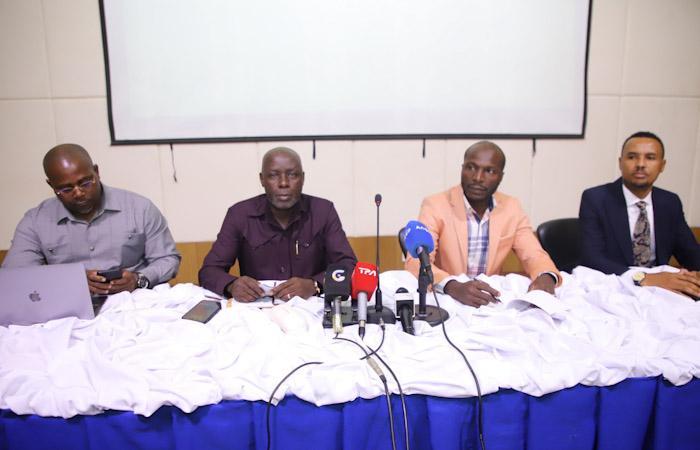Africa-Press – Angola. More than 150 folkloric dance and music artists will be able to participate in the biggest festival in the eastern region of the country (Moxico, Lunda Sul and Lunda Norte), taking place from the 23rd and 24th of June, in the city of Luena.
According to the activity’s coordinator, Pedro Capumba, who was speaking Monday at a press conference in the city of Luena, the activity to be held next June will officially become the first edition, with the name “Festival Ngeya – Dança , Music and Culture”.
According to the official, the first activity of its kind carried out in the city of Dundo, province of Lunda Norte, in 2022, was carried out on an experimental basis, which aimed to publicize the brand and the initiative of the project financed by the Sociedade Mineira de Catoca.
According to the official, the festival’s official name “Ngeya”, which, translated into Portuguese from the Cokwe language means “euphoria-party”, resulted from a study and reflection carried out by the project’s technical team, together with the provincial offices of Culture , Tourism and Youth and Sport.
The deputy coordinator of the festival, Gabriel Tchiema, said that, unlike the experimental activity, the first edition of Ngeya will be marked by cooking and handicraft fairs, lectures on the cultural values of the region, with the highest point being the festival taking place at the Monument to Peace Complex.
He added that the Ngeya – dance, music and culture festival could count on the presence of 11 folk groups, five of which will represent the host province (Moxico).
The provinces of Lunda Sul and Lunda Norte will be represented with three groups each, whose logistics will be sponsored by Sociedade Mineira de Catoca.
In turn, the national director for Cultural Action, Pedro Tchissanga, representing the Ministry of Culture and Tourism, highlighted the role of Sociedade Mineira de Catoca, in the preservation, rescue and enhancement of national culture.
The East Region of the country is characterized by a rich cultural and linguistic diversity.
For More News And Analysis About Angola Follow Africa-Press






